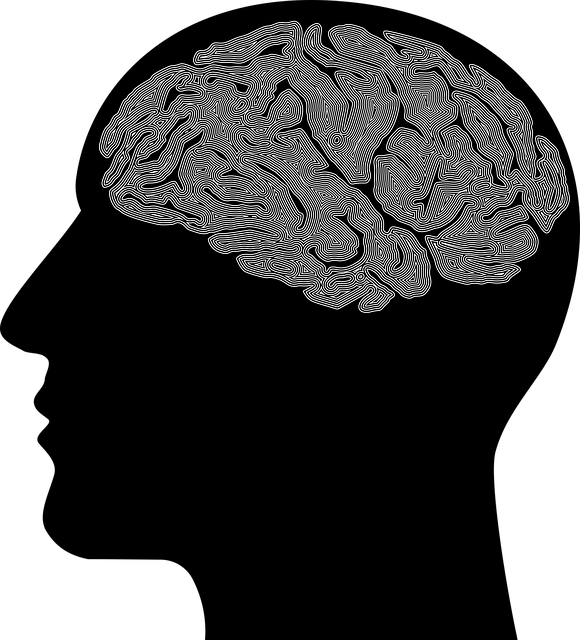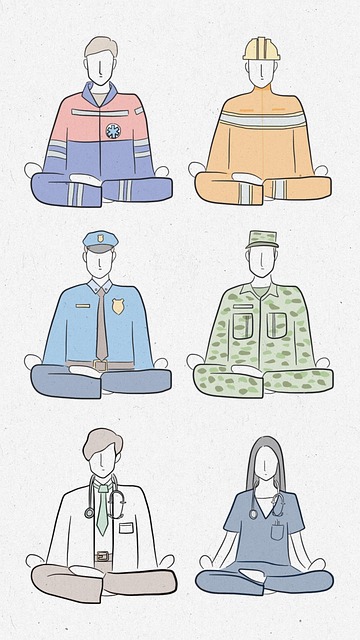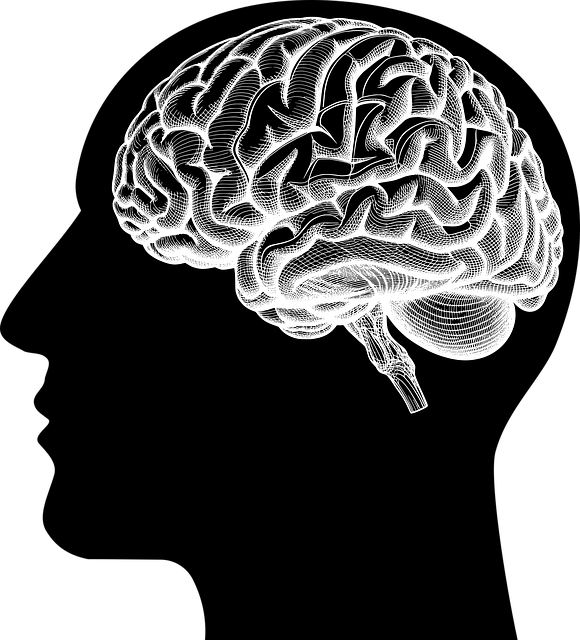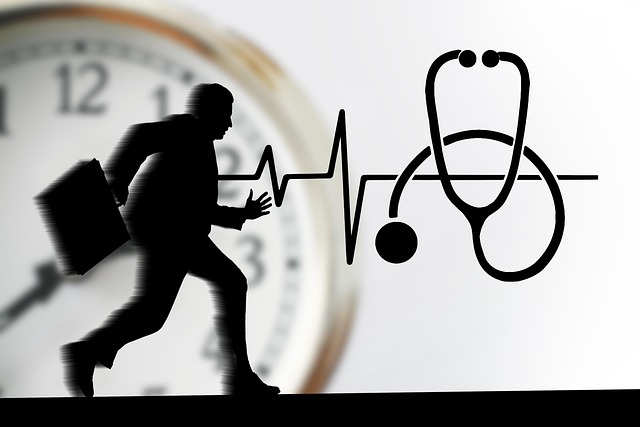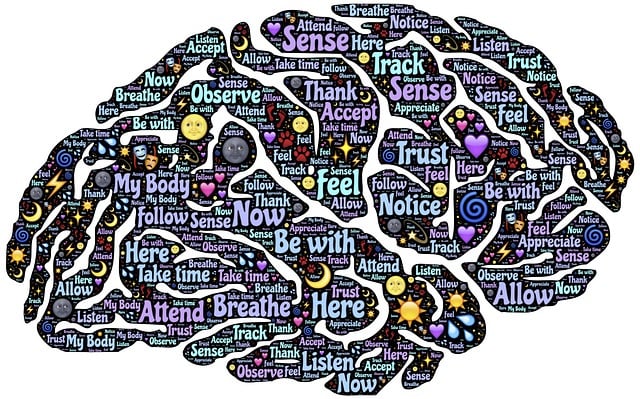Stress management through Superior Biofeedback Therapy is a powerful tool in today's fast-paced world, aiding mental well-being. This non-invasive technique offers real-time data on bodily functions, empowering individuals to understand and manage stress triggers. Workshops integrating biofeedback therapy, self-care practices, and coaching reduce the risk of long-term mental health issues while fostering community support and stigma reduction. By combining scientific techniques with practical exercises, facilitators create a supportive environment for participants to gain self-awareness and build resilience.
Stress management workshops are transformative spaces where individuals learn powerful tools to combat daily pressures. This article delves into the art of organizing such sessions, focusing on understanding stress and its profound impact on well-being. We explore biofeedback therapy as a game-changer in workshop settings, offering superior biofeedback techniques for effective stress management. By combining insightful knowledge with practical skills, these workshops empower attendees to navigate life’s challenges with resilience and grace.
- Understanding Stress and Its Impact
- The Role of Biofeedback Therapy in Workshop Settings
- Designing Effective Stress Management Workshops with Superior Biofeedback Techniques
Understanding Stress and Its Impact

Stress is a complex and inevitable part of modern life, but its impact on our mental health can be profound. Understanding stress involves recognizing how it manifests in our bodies and minds, from physical symptoms like heightened heart rate and muscle tension to psychological effects such as anxiety and difficulty concentrating. Chronic stress, left unaddressed, can lead to serious mental health issues, including depression and anxiety disorders. This is where workshops on stress management prove invaluable.
These sessions equip individuals with essential tools for recognizing and managing stress triggers. One effective technique gaining popularity is Superior Biofeedback Therapy, which teaches participants how to use their bodies’ natural feedback mechanisms to gain control over physiological responses to stress. Alongside this, development of a robust self-care routine is encouraged as a crucial complement to therapy, fostering better mental health practices and Mental Illness Stigma Reduction Efforts. Furthermore, Mental Wellness Coaching Programs can provide ongoing support, enabling individuals to navigate stress in ever-changing life situations.
The Role of Biofeedback Therapy in Workshop Settings

Biofeedback therapy has emerged as a powerful tool within workshop settings, particularly for stress management programs. This non-invasive approach allows individuals to gain profound insights into their physiological responses and learn effective coping mechanisms. During workshops, biofeedback technology provides real-time data on various bodily functions, such as heart rate, muscle tension, and skin conductance. By offering participants immediate feedback, it enables them to recognize stress triggers and practice mindfulness techniques to counteract them.
Incorporating superior biofeedback therapy into these interactive sessions facilitates a unique learning experience. Workshop attendees can actively engage with their bodies, develop self-awareness, and acquire valuable conflict resolution techniques. Moreover, the community outreach program implementation of biofeedback workshops can foster a sense of belonging and support, contributing to enhanced mental wellness. This therapeutic method has been further popularized through the production of engaging mental wellness podcast series, making stress management accessible to a broader audience.
Designing Effective Stress Management Workshops with Superior Biofeedback Techniques

Designing effective stress management workshops involves integrating superior biofeedback therapy to significantly enhance mental wellness. By combining scientific techniques with practical exercises, facilitators can empower participants to take charge of their physiological responses to stress. This approach not only aids in burnout prevention strategies for healthcare providers but also fosters empathy building strategies among peers, creating a supportive learning environment.
Workshops should be structured to balance theoretical knowledge with hands-on practice. Instructors can guide attendees through various biofeedback methods, such as heart rate variability (HRV) training and muscle relaxation techniques. These tools equip participants with the skills to monitor and regulate their stress levels effectively. Regular sessions focused on these superior biofeedback therapies can transform stressful situations into opportunities for growth, leading to a more balanced and resilient mindset among workshop attendees.
Stress management workshops, enriched with superior biofeedback therapy techniques, offer a powerful tool for navigating life’s challenges. By understanding stress and its impact, combined with the effective use of biofeedback, individuals can gain control over their physiological responses to stress. These workshops play a crucial role in fostering resilience and promoting overall well-being. Through practical strategies taught in these sessions, participants are equipped with valuable skills to manage stress, ultimately enhancing their quality of life.
